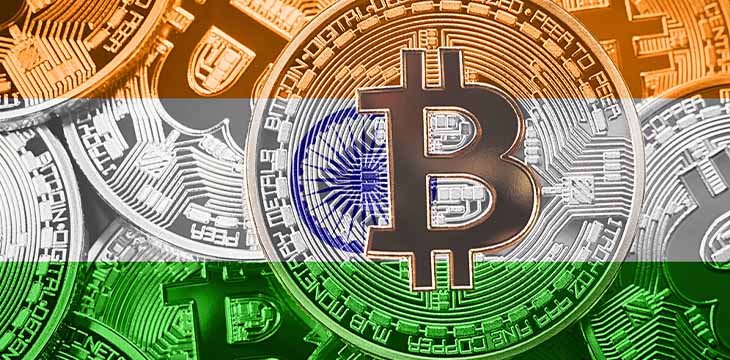|
Getting your Trinity Audio player ready...
|
The Indian government remains resolute in its tax policy on the country’s virtual currency sector following the 2023-2024 budget presentation.
Industry stakeholders had previously sent a plea to the government to lower the taxes on virtual currency ahead of the presentation of the new budget. In particular, the stakeholders wanted a reduction of the Tax Deducted at Source (TDS) from a flat 1% to 0.01%.
The reasoning for the calls was that reducing the TDS would still allow the government to track the number of virtual currency transactions in the country. Despite their pleas, Finance Minister Nirmala Sitharaman went ahead with the budget presentation without mentioning any government plan to reduce the tax burden on the virtual currency industry.
“The Indian Union Budget 2023 made no changes to existing crypto taxes, leaving Indian crypto companies on the ‘Stairway to Heaven,'” said WazirX‘s vice president Rajagopal Menon. Menon warned that the industry should brace itself for a rough patch in the coming months marked by low trading volumes on local digital asset platforms.
“Trade volumes on Indian exchanges may remain flat at rock bottom,” Menon said. “Last year was the worst year on record; any change will be for the better.”
Analysts have pointed out that apart from stifling growth in the sector, heavy taxes lead to a massive outflow of capital from the Indian economy. Esya Centre, a local think tank, posits that over $3.8 billion may have left local virtual currency exchanges for international platforms over the last 10 months.
India has one of the sternest virtual currency tax policies in the world, with players slammed with a 30% tax and a 1% TDS. Furthermore, the regulations do not allow traders to offset losses using gains in other asset classes for tax purposes.
A small glimmer of hope remains
A small glimmer of hope remains for India’s virtual currency industry as the country inches forward to robust digital asset legislation. Other positives for the community include India’s G20 presidency and the plans to push for a unified global approach in regulating virtual currencies to prevent “regulatory arbitrage.”
“With India’s G20 presidency, we hope 2023 would finally be the year to establish a framework for crypto,” said Ashish Singhal, CoinSwitch‘s co-founder.
While virtual assets continue to be eyed with skepticism, the government has indicated a clear desire to increase adoption rates for blockchain technology in the country.
Watch: Blockchain ticks all the boxes for India’s thriving e-commerce market

 02-16-2026
02-16-2026 




